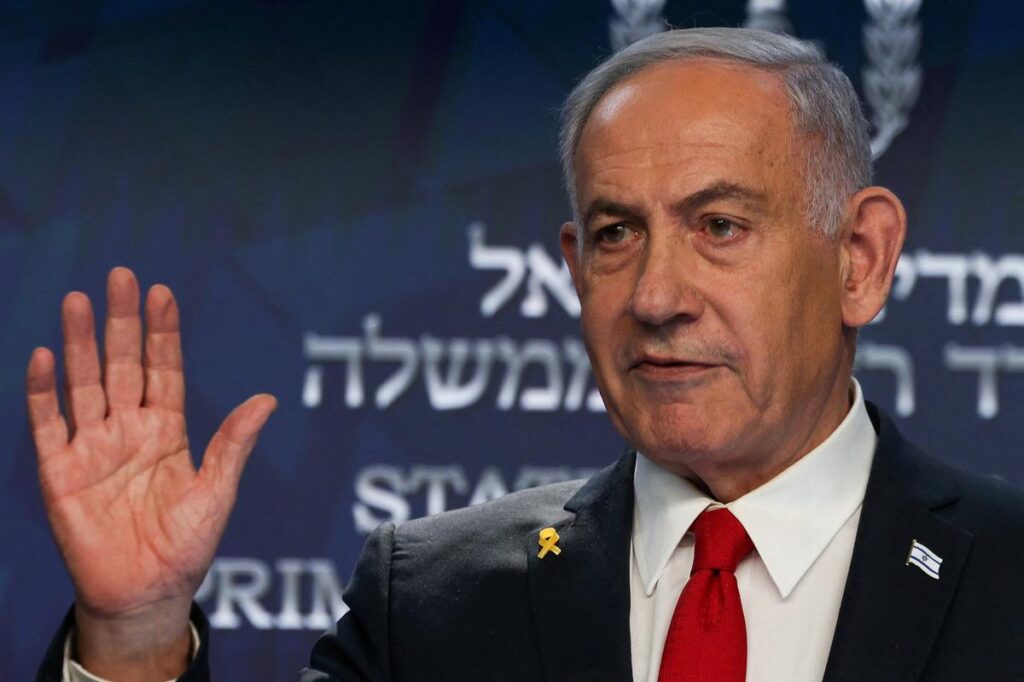Israeli Prime Minister Benjamin Netanyahu is set to meet US President Donald Trump on Monday in New York, as Israel faces mounting isolation abroad and growing domestic unrest over the ongoing Gaza war.
The high-stakes meeting comes just days after Trump unveiled a 21-point plan aimed at ending the conflict. The proposal, discussed with Arab and Muslim leaders on the sidelines of the UN General Assembly, calls for a permanent ceasefire, the release of hostages, an Israeli withdrawal from Gaza, and a significant boost in humanitarian aid.
On Sunday, Trump fueled anticipation, hinting at “something special” in the talks and writing on his Truth Social platform: “WE WILL GET IT DONE!!!” Earlier, he had told reporters, “I think we have a deal on Gaza.”
Netanyahu, however, has continued to vow to “finish the job” in Gaza, signaling resistance to elements of Trump’s plan. Analysts suggest his options are narrowing. “He has no other choice but to accept,” said Eytan Gilboa, an expert on US-Israel relations, noting that Trump remains Netanyahu’s last major ally.
At home, tens of thousands of Israelis have taken to the streets demanding a ceasefire and the return of hostages. Families of captives have directly appealed to Trump, urging him to leverage his influence. “The only thing that can stop the slide into the abyss is a full, comprehensive agreement,” said Lishay Miran-Lavi, whose husband remains in Gaza.
Meanwhile, Israel’s diplomatic isolation has deepened. The UK, France, Canada, and Australia recently recognized Palestinian statehood, breaking with longstanding Western policy and increasing pressure on Netanyahu.
While Arab and Muslim leaders have cautiously welcomed Trump’s plan, they continue to insist on an immediate halt to Israeli military operations and a guarantee that Gaza will not be re-occupied.
Netanyahu now faces a critical choice: accept Trump’s terms and risk his right-wing coalition, or reject them and deepen Israel’s international and domestic crises.

